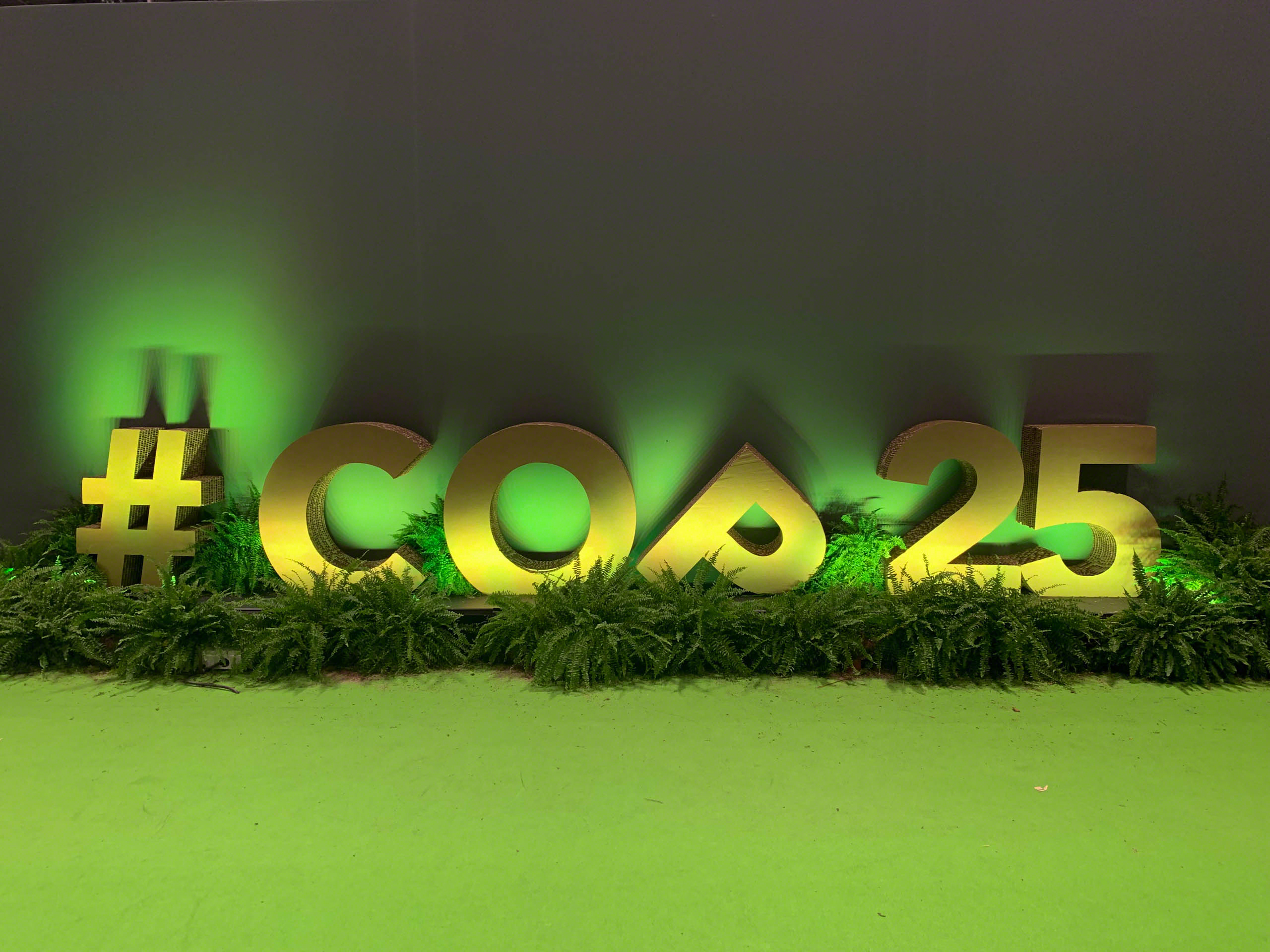Summary

UPDATE: Sunday, 15 December, 1:55 pm: - COP 25 President Schmidt gavels the COP, CMP, and CMA to a close.
UPDATE: Sunday, 15 December, 10:17 am - The COP opened. After some debate, the COP adopted the "Chile-Madrid Time for Action" decision.
UPDATE: Sunday, 15 December, 5:00 am - Closing plenary scheduled for 8:00 am. Delegates unsure of what the process moving forward will be.
UPDATE: Sunday, 15 December, 12:30 am - The informal stocktaking plenary closes, with COP 25 President Carolina Schmidt outlining the outstanding, unresolved issues on WIM, Article 6, response measures, and others. She tells delegates "let's get to work."
UPDATE: Saturday, 14 December, 11:00 pm - Informal Presidency stocktaking scheduled to convene. Delegates still engaged in closed-door negotiations on Article 6, loss and damage, response measures, and other issues.
---
With the Chile/Madrid Climate Change Conference ticking over from what was meant to be its final day into overtime, delegates speculated about how close parties actually were to any meaningful agreement.
A morning plenary stocktake by the Presidency confirmed several areas where views diverged in the final decisions, yet to be adopted. In the Paris Agreement governing body (CMA) outcome decision, Australia opposed calls from the Alliance of Small Island States (AOSIS) and the Least Developed Countries (LDCs) to ensure that units or emissions reductions under the Kyoto Protocol could not be used towards countries’ nationally determined contributions (NDCs). There was also disagreement on whether the Conference of the Parties (COP) outcome decision should mention the Intergovernmental Panel on Climate Change (IPCC) Special Report on Climate Change and Land, or mandate related work under the subsidiary bodies. In the same decision, several groups called for a clear call for enhancing ambition in NDCs in 2020, while other delegations supported a work programme on pre-2020 implementation and action.
In the afternoon, bilateral Presidency-led consultations continued alongside closed informal consultations on finance, loss and damage, and Article 6 (market and non-market approaches).
The resulting mood in the conference centre alternated between frustration and resignation. In a press conference, NGO representatives denounced the latest presidency texts. Civil society held an impromptu “People’s Closing Plenary” in the space between both official plenary halls, calling out the “COP that has failed us.”
With the closing plenary delayed later and later into the night, press and observers alike were reduced to idly checking social media for any updates. For all the Presidency’s optimism that a plenary might be struck before midnight, some delegates meetings suggested otherwise. “It’s going to be a long night,” one said, rushing between rooms.

